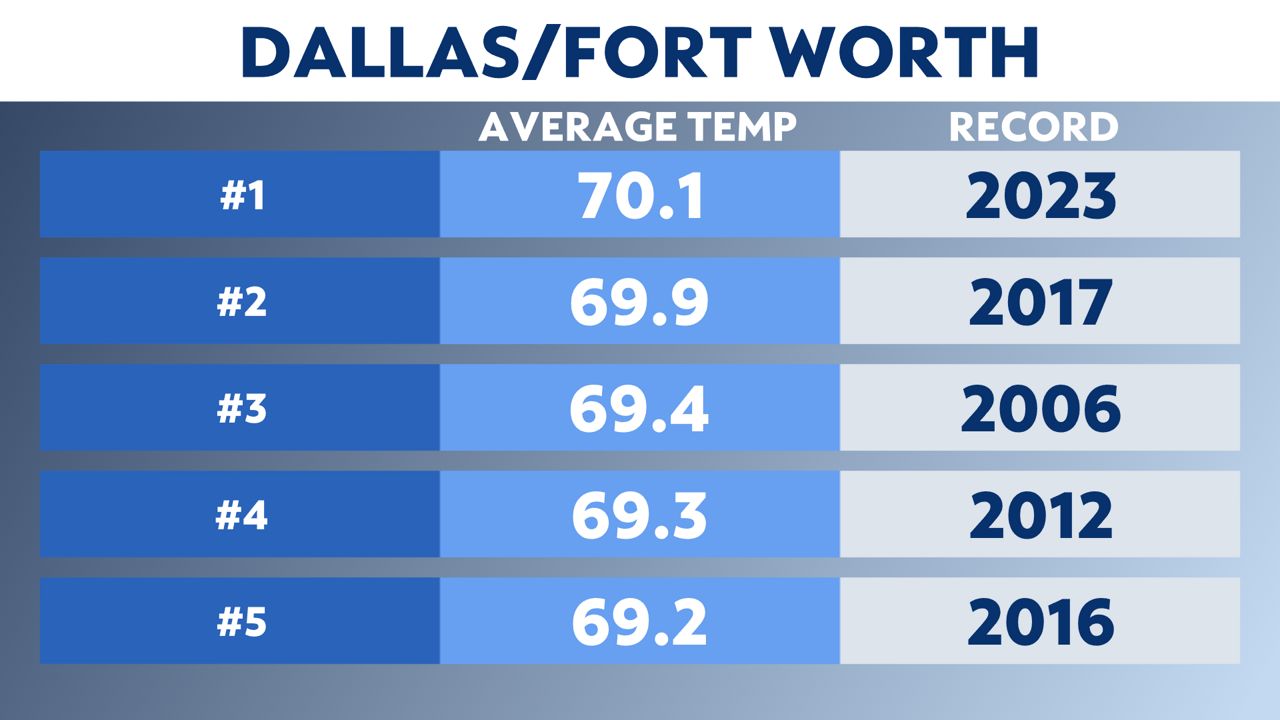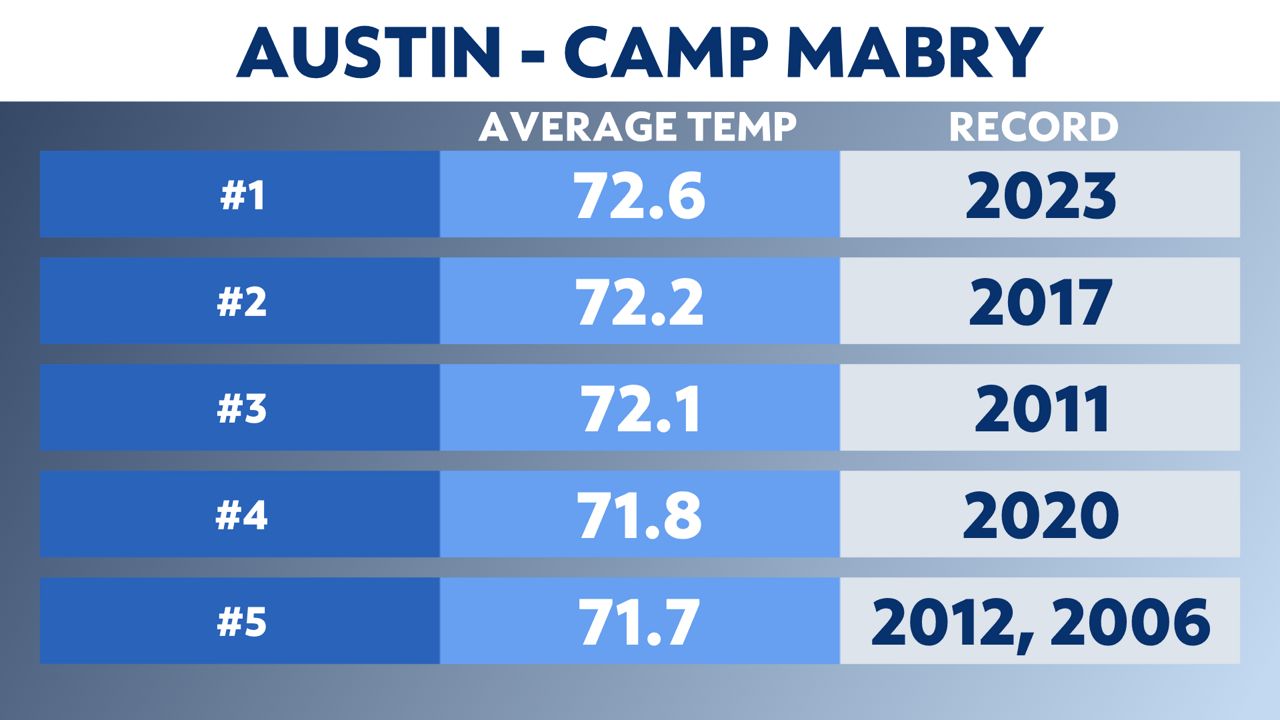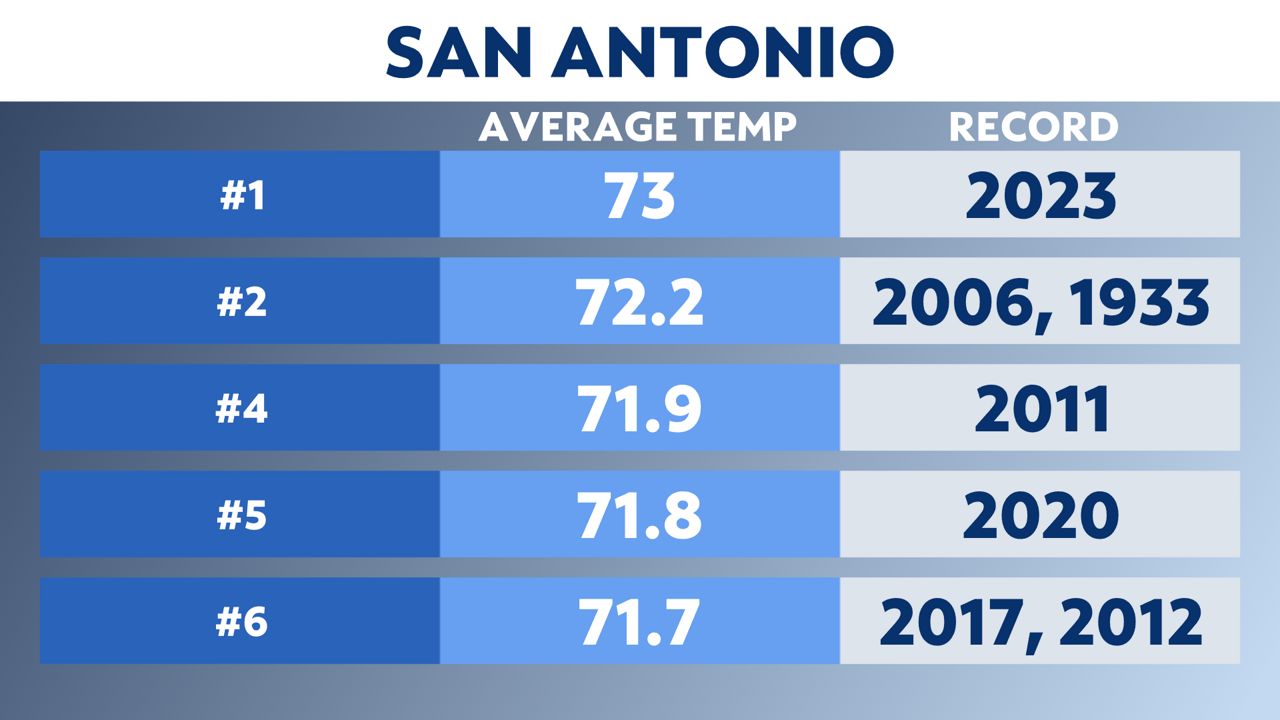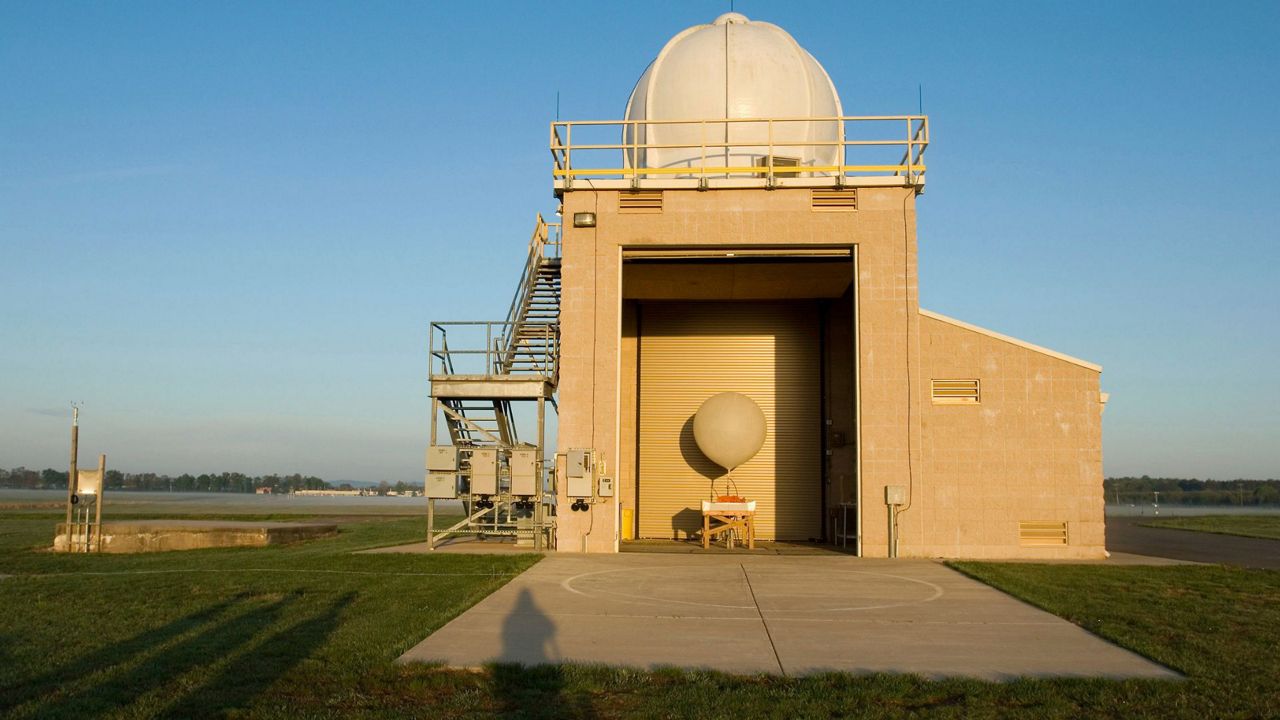With only a handful of days remaining until the end of the year, we are confident that 2023 will be the hottest year recorded in Texas.
In an end-of-summer analysis, Texas State Climatologist John Nielsen-Gammon said the summer of 2023 was the second-hottest on record in the state with an average temperature of 85.3 degrees. This year fell short to the blistering summer of 2011 when the average temperature hit 86.8 degrees.
For some cities across the Lone Star State, this was the hottest summer on record. San Antonio experienced its hottest summer on record with an average temperature of 88.7 degrees. It also tallied the most triple-digit days at 64 and the most 105-plus degree days at 17.
We experienced no reprieve as we entered fall. In fact, many locations stayed hot through October. When you consider the steamy summer and warm end to the year, you have a historically hot year.
Heat waves in Texas are becoming more common. In Corpus Christi, for example, eight of the ten hottest years on record have been since 2011. Nielson-Gammon says this summer’s extreme heat was evident in the triple-digit afternoon heat, but also in the mornings.
According to The National Weather Service in Fort Worth, DFW broke its record for the longest duration of temperatures at or above 80 degrees this past summer. For 359 hours, North Texans couldn’t escape the heat.

While the summer of 2023 wasn't the hottest on record for the Capitol City, we were shy by only 0.1 degree from the hottest on record–2011. In many ways, 2023 looked a lot like 2011.

For San Antonians, the average temperature for the year reached 73.0 degrees. This beats the previous record of 72.2 degrees set in 2006 and 1933. This previous summer was the hottest on record for the Alamo City. We hit the most triple-digit days at 64 and the most triple-digit days above 105 degrees at 17.

It is certainly possible.
Scientists will be paying close attention to El Niño. But this teleconnection that explains the relationship between the warmer waters of the equatorial Pacific and our weather in Texas is only one factor.
Typically, El Niño brings more warmth to the Lower 48, but the current strong pattern isn't typical. With limited data and many other factors to consider, it's far too early to determine how hot the summer of 2024 will be or if it rivals the intense heat of the past year.
Our team of meteorologists dives deep into the science of weather and breaks down timely weather data and information. To view more weather and climate stories, check out our weather blogs section.










